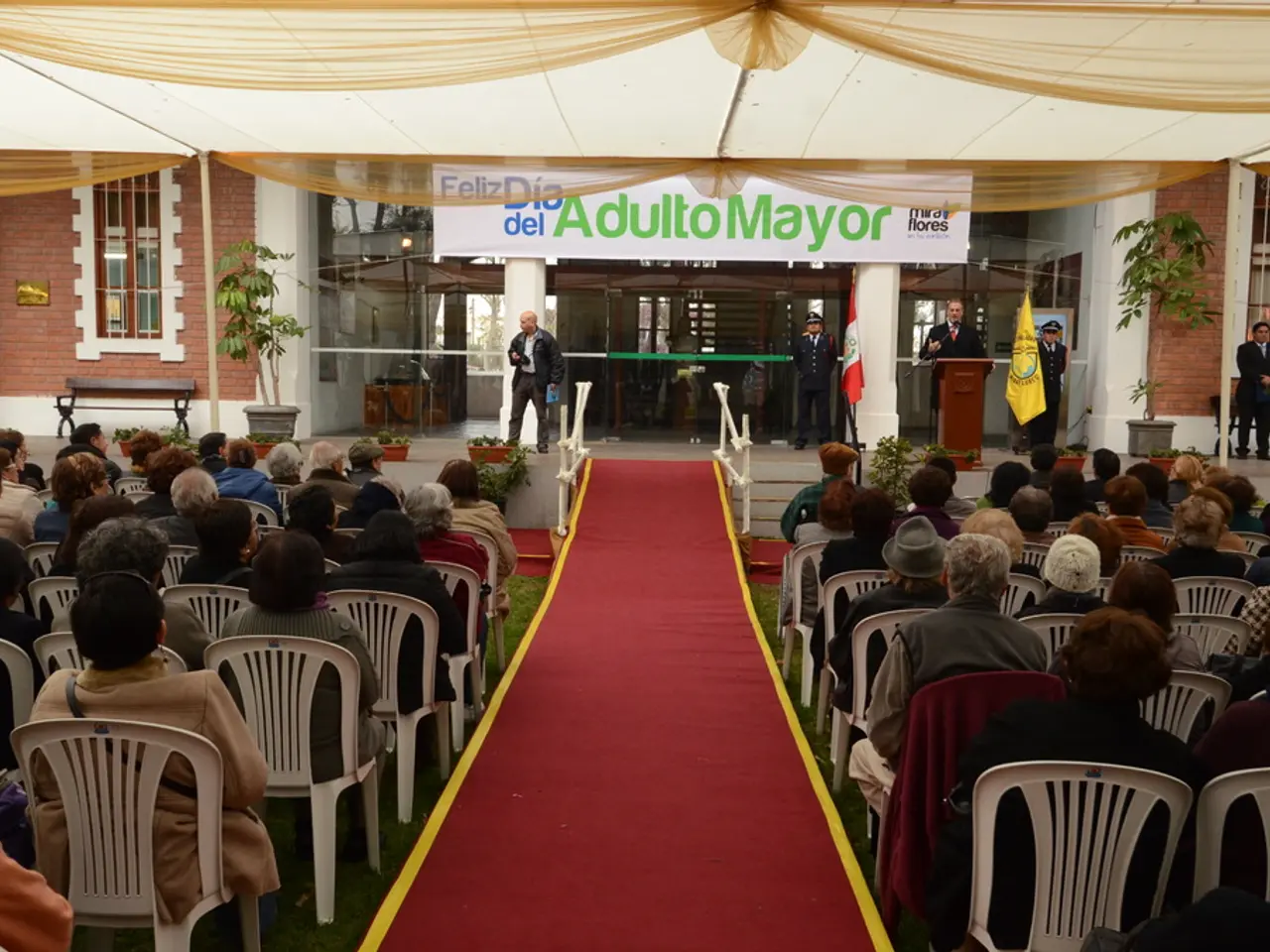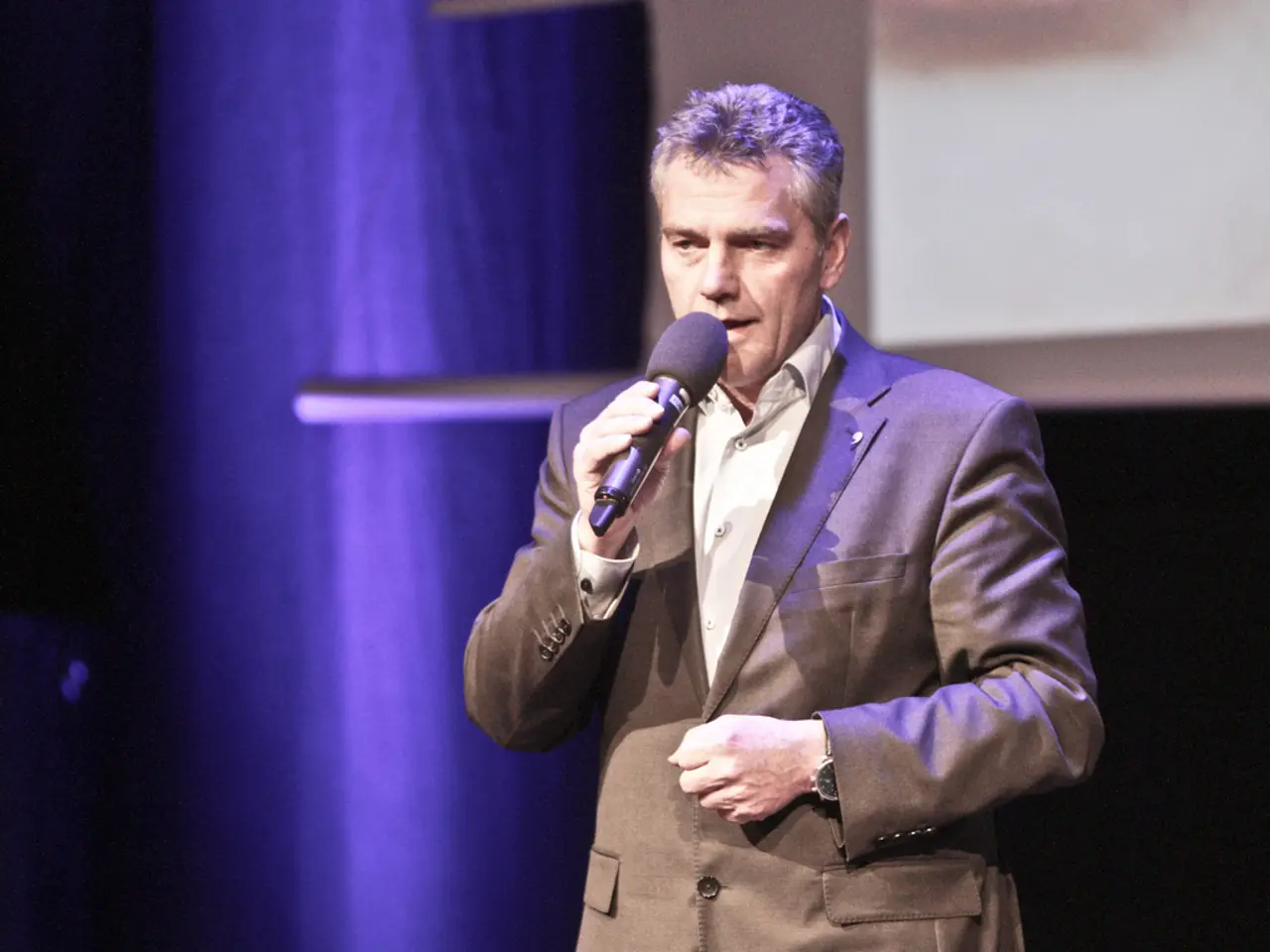Exclusion from the celebrations: Bremen Pride expels FDP from the procession
The Free Democratic Party (FDP) has found itself on the outside looking in at this year's Bremen Christopher Street Day (CSD) parade, due to a controversy surrounding their stance on gender language. The Bremen CSD organisers decided not to allow the FDP to participate because the party’s position on gender-inclusive language was seen as incompatible with the event's values.
Background of the Conflict
The FDP has expressed skepticism or resistance toward certain forms of gender language reform, particularly the use of gender-neutral or inclusive forms intended to explicitly recognise non-binary and gender-diverse individuals. The party has criticised what they perceive as overly complicated or ideologically driven language changes that move away from traditional grammatical rules of German.
Opposing Views
- Bremen CSD Organisers and Supporters: They advocate for the use of gender-inclusive language as a crucial part of respecting and recognising the diversity of gender identities. For them, gender language is not a mere linguistic issue but a political and social statement affirming LGBTQ+ rights and inclusion. Therefore, parties or groups that refuse to embrace such language are viewed as opposing the inclusion goals of the event.
- FDP and Like-Minded Critics: The FDP and those who oppose mandated gender language reforms argue that language should evolve naturally rather than being legislated or politically enforced. They often view some gender language proposals as linguistically awkward or ideologically motivated, potentially alienating broader audiences. They may also argue for freedom of speech and resist what they see as linguistic compulsory measures.
The Bremen CSD’s Decision
The Bremen CSD’s decision to exclude the FDP from the parade highlights a broader debate in Germany and other countries about the role of language in social change, inclusion, and political representation. The exclusion of the FDP reflects the organisers’ position that participation in an event celebrating diversity requires alignment with inclusive language policies, while the FDP’s exclusion raises concerns about a movement advocating for diversity excluding those with different political opinions.
The FDP’s Response
The FDP reacted indignantly to their exclusion from the CSD parade. Thorsten Schaeck, the FDP’s parliamentary group leader, criticised the association’s decision and found it hypocritical. Schaeck had previously positioned himself as a defender of gender language, stating that it disfigures the German language and is an expression of green ideology. However, the FDP maintains a stance on freedom of opinion and individual self-determination.
Last year, the Free Democrats submitted a motion demanding a ban on gender language in schools and authorities, which was rejected by the parliament with a red-red-green majority. The reason for the exclusion is a motion by the FDP's parliamentary group that demands a ban on gender language. The incident may raise questions about the FDP experiencing their own policy being enacted against them.
The FDP desires active participation in the CSD parade and had registered a float for the event. However, the Bremen CSD organising team has excluded the Free Democrats Party from this year's parade, and the future of the FDP's participation remains uncertain. The CSD has scheduled a conversation with the FDP after the August 23, 2025, event to clarify the decision. Meanwhile, the CDU floats were allowed in the parade, despite having at least similar views to the FDP.
- The Free Democratic Party (FDP) faces criticism from relationships based on their stance on gender language, particularly within the LGBTQ+ community, as their skepticism towards gender-inclusive language reform is seen as incompatible with the values of events like the Bremen Christopher Street Day (CSD).
- The policy-and-legislation surrounding gender-inclusive language has become a topic of discussion in general-news, as the debate over its role in social change, inclusion, and political representation continues to evolve, with various parties holding differing viewpoints on the issue.
- The exclusion of the FDP from the Bremen CSD parade has highlighted the complexities of balancing policy-and-legislation and the need for diversity and inclusion within relationships, as questions arise about the exclusivity of movements advocating for diversity towards those with differing political opinions.








